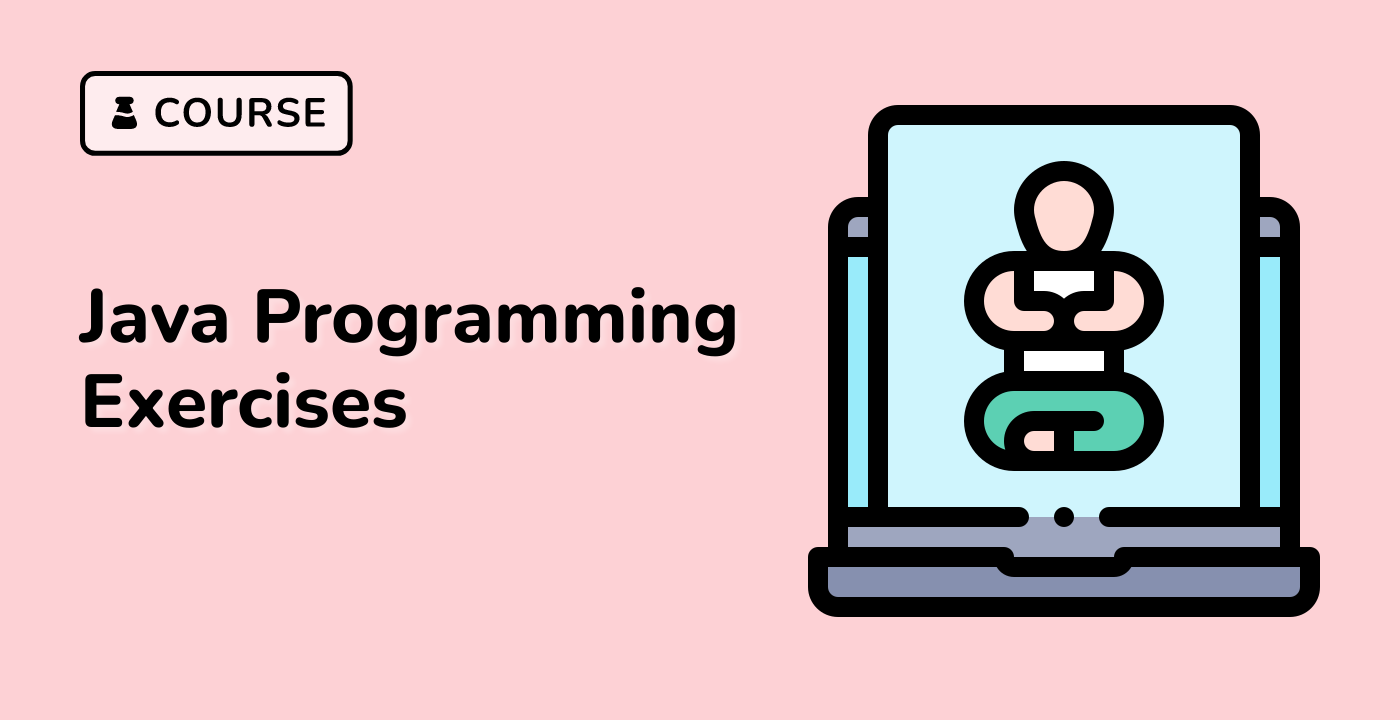Ternary Operator Fundamentals
What is the Ternary Operator?
The ternary operator, also known as the conditional operator, is a concise way to write simple conditional statements in Java. It provides a shorthand method for writing an if-else statement in a single line of code.
Basic Syntax
The ternary operator follows this syntax:
result = condition ? valueIfTrue : valueIfFalse;
Key Components
condition: A boolean expression that evaluates to true or false?: Separator between the condition and the true valuevalueIfTrue: The value returned if the condition is true:: Separator between true and false valuesvalueIfFalse: The value returned if the condition is false
Simple Example Demonstration
public class TernaryOperatorDemo {
public static void main(String[] args) {
// Basic usage
int age = 20;
String status = (age >= 18) ? "Adult" : "Minor";
System.out.println(status); // Outputs: Adult
// Numeric example
int x = 10;
int y = 20;
int max = (x > y) ? x : y;
System.out.println("Maximum value: " + max); // Outputs: 20
}
}
Nested Ternary Operators
You can nest ternary operators, though it's recommended to use them sparingly to maintain readability:
public class NestedTernaryDemo {
public static void main(String[] args) {
int a = 10, b = 20, c = 30;
// Nested ternary operator
int result = (a > b)
? ((a > c) ? a : c)
: ((b > c) ? b : c);
System.out.println("Maximum value: " + result); // Outputs: 30
}
}
Comparison with If-Else
Ternary Operator vs If-Else
| Criteria |
Ternary Operator |
If-Else Statement |
| Readability |
Concise |
More verbose |
| Performance |
Slightly faster |
Standard performance |
| Complexity |
Best for simple conditions |
Better for complex logic |
Common Use Cases
flowchart TD
A[Ternary Operator Use Cases] --> B[Simple Conditional Assignments]
A --> C[Default Value Selection]
A --> D[Compact Conditional Logic]
A --> E[Method Return Values]
Potential Pitfalls
- Avoid overcomplicating with nested ternary operators
- Prioritize code readability
- Use traditional if-else for complex conditions
Best Practices
- Use ternary operators for simple, straightforward conditions
- Keep the logic clear and easy to understand
- Consider readability over brevity
By mastering the ternary operator, you can write more concise and elegant Java code. LabEx recommends practicing these examples to gain proficiency.




